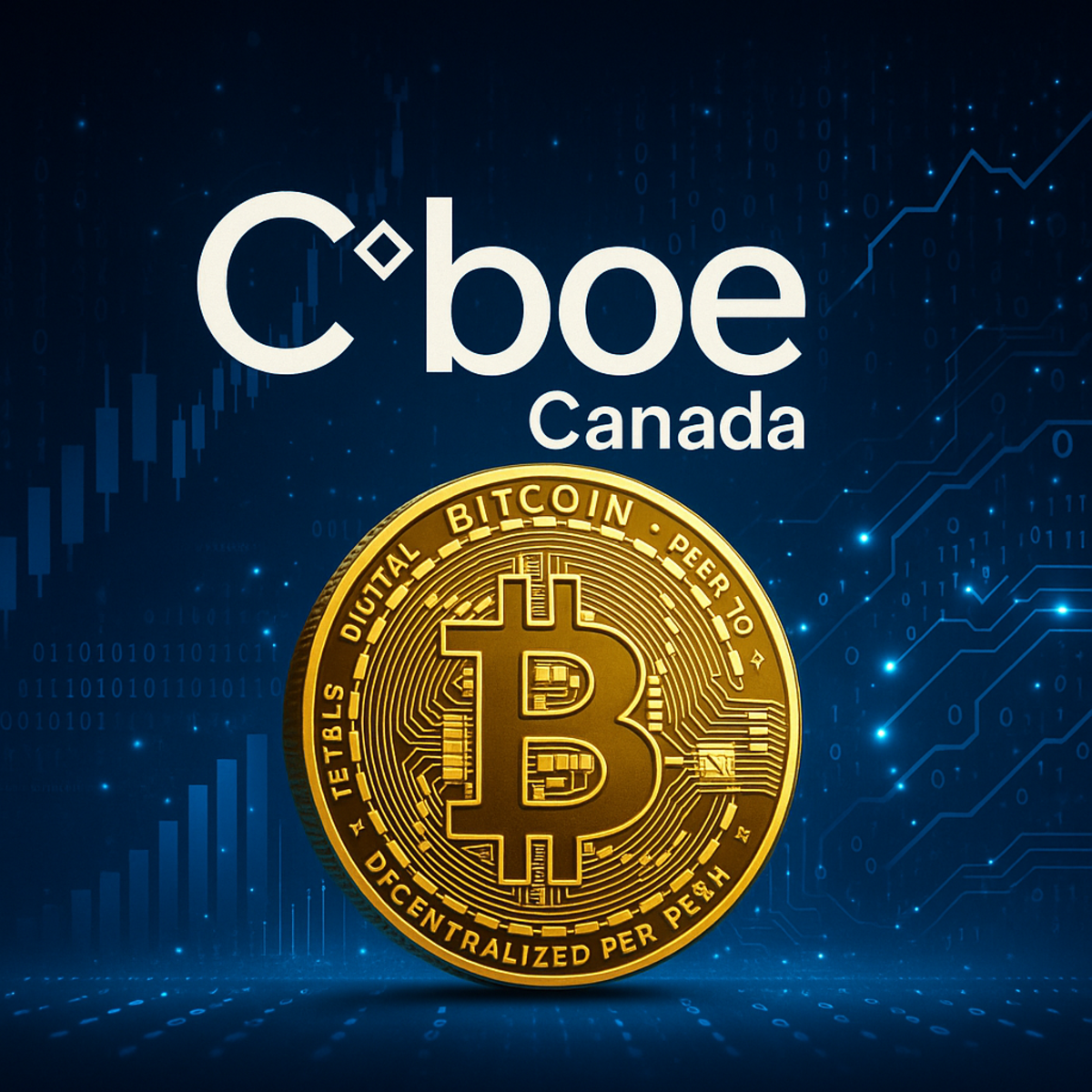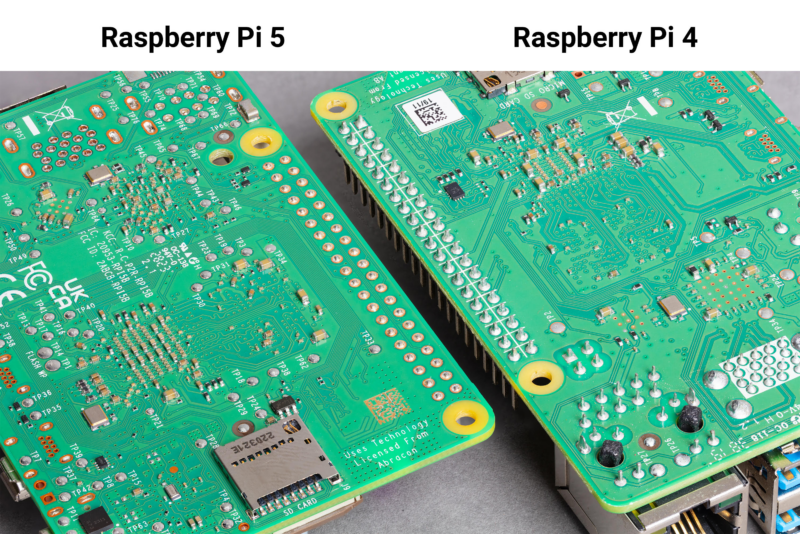Visa’s new tech lets AI shop—and pay—for you
Are you ready to hand over your wallet to AI and let it do your shopping for you? Maybe not—but the technology to do it is hitting the market. On Wednesday, Visa announced Visa Intelligent Commerce, which effectively allows AI agents to find and buy goods or services on behalf of consumers. While Visa itself doesn’t create the AI agents, what it’s done is create the e-commerce backbone to allow it to happen. Consumers could use AI tools to track down potential purchases, but then those platforms would hand control back over to the human to complete the transaction. The big change with Visa’s technology is that, with the proper permissions enabled, AI agents can complete the purchase without going back to their human handler. The value-add, Visa’s Chief Product and Strategy Officer Jack Forestell tells Fast Company, is that it “frees up the cognitive load and time, delivering massively better outcomes, and more value—it’s going to deliver better shopping experiences.” For example, a shopper can now request that an AI agent buy a bouquet for their mom as a Mother’s Day gift, and the entire process requires little, if any additional input from the shopper. The AI may be able to find the particular flowers the consumer’s mother likes, at a desired price point, and have them delivered on or before Mother’s Day. The shopper can breathe easy, and not put too much thought or effort into the transaction—something that their mother’s probably wouldn’t want to know. As for the tech itself, Forestell says that getting AI agents set up to make payments involves “getting a payment card credential to an agent,” which he says is “tech that’s similar to Apple Pay or Google Pay—the agent gets a token that can only be used by that agent.” From there, and from Visa’s standpoint, two things need to occur: Visa needs to get a “buy signal” from a merchant that indicates an agent is making a purchase, and “the confirmation” that the transaction has completed. While there will be some lag between users adopting agentic payments en masse, as merchants, consumers, and financial institutions learn to trust them and use them efficiently. But Forestell says “APIs will be available on Wednesday,” so people and companies can begin to work with the technology.

Are you ready to hand over your wallet to AI and let it do your shopping for you? Maybe not—but the technology to do it is hitting the market.
On Wednesday, Visa announced Visa Intelligent Commerce, which effectively allows AI agents to find and buy goods or services on behalf of consumers. While Visa itself doesn’t create the AI agents, what it’s done is create the e-commerce backbone to allow it to happen. Consumers could use AI tools to track down potential purchases, but then those platforms would hand control back over to the human to complete the transaction.
The big change with Visa’s technology is that, with the proper permissions enabled, AI agents can complete the purchase without going back to their human handler. The value-add, Visa’s Chief Product and Strategy Officer Jack Forestell tells Fast Company, is that it “frees up the cognitive load and time, delivering massively better outcomes, and more value—it’s going to deliver better shopping experiences.”
For example, a shopper can now request that an AI agent buy a bouquet for their mom as a Mother’s Day gift, and the entire process requires little, if any additional input from the shopper. The AI may be able to find the particular flowers the consumer’s mother likes, at a desired price point, and have them delivered on or before Mother’s Day. The shopper can breathe easy, and not put too much thought or effort into the transaction—something that their mother’s probably wouldn’t want to know.
As for the tech itself, Forestell says that getting AI agents set up to make payments involves “getting a payment card credential to an agent,” which he says is “tech that’s similar to Apple Pay or Google Pay—the agent gets a token that can only be used by that agent.” From there, and from Visa’s standpoint, two things need to occur: Visa needs to get a “buy signal” from a merchant that indicates an agent is making a purchase, and “the confirmation” that the transaction has completed.
While there will be some lag between users adopting agentic payments en masse, as merchants, consumers, and financial institutions learn to trust them and use them efficiently. But Forestell says “APIs will be available on Wednesday,” so people and companies can begin to work with the technology.

















































































































































![[Free Webinar] Guide to Securing Your Entire Identity Lifecycle Against AI-Powered Threats](https://blogger.googleusercontent.com/img/b/R29vZ2xl/AVvXsEjqbZf4bsDp6ei3fmQ8swm7GB5XoRrhZSFE7ZNhRLFO49KlmdgpIDCZWMSv7rydpEShIrNb9crnH5p6mFZbURzO5HC9I4RlzJazBBw5aHOTmI38sqiZIWPldRqut4bTgegipjOk5VgktVOwCKF_ncLeBX-pMTO_GMVMfbzZbf8eAj21V04y_NiOaSApGkM/s1600/webinar-play.jpg?#)










































